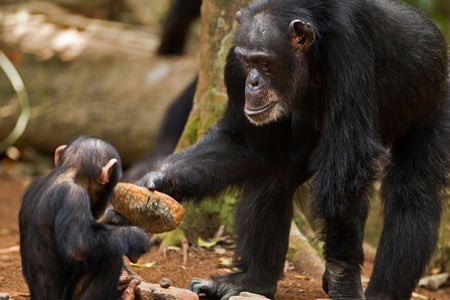
Chimps Share Knowledge like Humans Do, Spurring Innovation
Female chimps who migrate to new social groups bring skills and technology with them, helping to drive development of increasingly complex tool sets
Rachel Nuwer is a science journalist and author. Her latest book is I Feel Love: MDMA and the Quest for Connection in a Fractured World (Bloomsbury, 2023). Follow her on X @RachelNuwer

Chimps Share Knowledge like Humans Do, Spurring Innovation
Female chimps who migrate to new social groups bring skills and technology with them, helping to drive development of increasingly complex tool sets

Forcing a Smile Using Electrical Stimulation Can Boost Your Mood
Researchers directed electric current to activate targeted facial muscles and then asked study participants how they felt

The Myth that Musicians Die at 27 Shows How Superstitions Are Made
Famous people who die at age 27, such as Janis Joplin, Jimi Hendrix and Amy Winehouse, get even more famous because of the mythology surrounding that number—an example of how modern folklore emerges

Human Longevity May Have Reached its Upper Limit
New research dispels the notion that human beings can continue to radically extend their lifespan
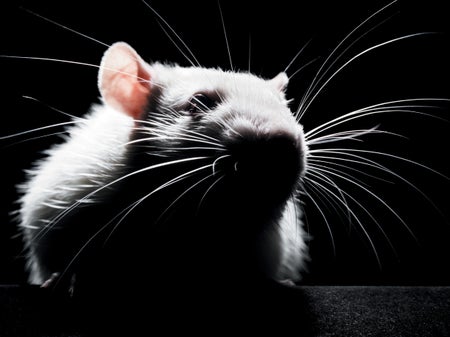
The End of the Lab Rat?
Replacing research animals with tools that better mimic human biology could improve medicine

FDA’s Rejection of MDMA Psychotherapy for Trauma Draws Criticism from Psychedelic Experts
Many experts criticize the FDA’s recent negative ruling on MDMA therapy for PTSD, saying the agency ignored solid overall results from clinical trials

Why Animals Living on Islands Are at Greater Risk of Extinction
Warm-blooded island species tend to evolve a slower metabolic rate compared with their mainland counterparts, making it harder for them to bounce back when under stress

Atom-Thick Gold Coating Sparks Scientific ‘Goldene Rush’
Ultrathin gold was achieved with the help of a century-old sword-making technique

This Strange Fungal Condition Makes You Drunk without Drinking
Greater awareness is needed around auto-brewery syndrome, which can cause dangerous accidents and trigger social ostracism if it is not correctly diagnosed

Crows Rival Human Toddlers in Counting Skills
Counting crows proclaim “caw, caw, caw, caw” when staring at the number four
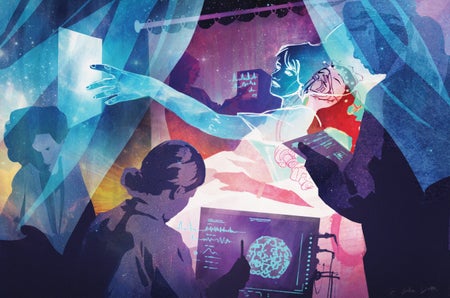
Lifting the Veil on Near-Death Experiences
What the neuroscience of near-death experiences tells us about human consciousness

How Ugandan Tobacco Farming Inadvertently Threatens Spread of Bat-Borne Viruses
By cutting trees in response to international demand for tobacco, farmers induced wildlife to start eating virus-laden bat guano

Decades-old Cans of Salmon Reveal Changes in Ocean Health
Researchers used tinned fish to reconstruct parasitic population change, giving new meaning to the phrase “opening a can of worms”

Males Aren’t Larger Than Females in Most Mammalian Species
A new study corrects a biased assumption promoted by Charles Darwin 150 years ago and repeated ever since

Scientists Thought Only Humans Learn Complex Behaviors from Others. They Were Wrong
New studies in bees and chimps challenge the long-held assumption that only humans can learn from innovative peers
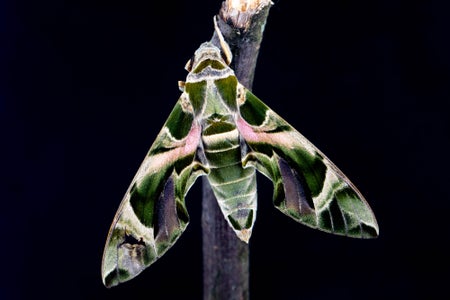
Why Insects Are Attracted to Light at Night
Contrary to popular lore, insects do not confuse artificial light for the moon

Missing Russian Data Is Harming Arctic Research at a Critical Time
Russia makes up nearly half the terrestrial Arctic, but global collaboration with researchers there has ground to a halt since the invasion of Ukraine

Thousands of U.S. Cities Could Become Virtual Ghost Towns by 2100
These projected findings about depopulation in U.S. cities are shaped by a multitude of factors, including the decline of industry, lower birth rates and the impacts of climate change

This Powerful Psychedelic Shows Promise for Relieving Traumatic Brain Injury
In combat veterans, a single dose of ibogaine improved symptoms of TBI, PTSD, depression and anxiety

Scientists Finally Invent Heat-Controlling Circuitry That Keeps Electronics Cool
A new thermal transistor can control heat as precisely as an electrical transistor can control electricity

Sniffing Women’s Tears Makes Men Less Aggressive
For the first time, researchers have used behavioral measures, brain imaging and molecular biology to test how odorless chemicals from human tears affect people

Dog ‘Language Geniuses’ Are Rare but Apparently Real
A subset of exceptional pooches can identify by name more than 100 different objects, mostly toys
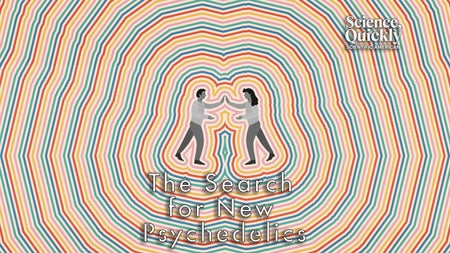
Funding for Research on Psychedelics Is on the Rise, Along with Scientists' Hopes for Using Them
As interest and support for psychedelic research grows, scientists share their hopes for the future.
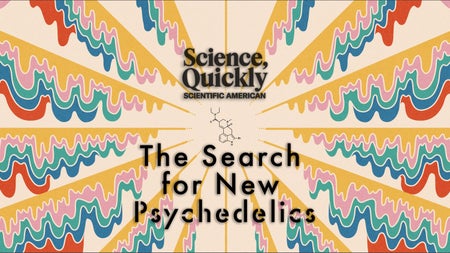
Do You Need to ‘Trip’ for Psychedelics to Work as Medicine?
Psychedelic researchers are engaged in heated debate over whether the mind-altering effects of the drugs are necessary for realizing their therapeutic potential.